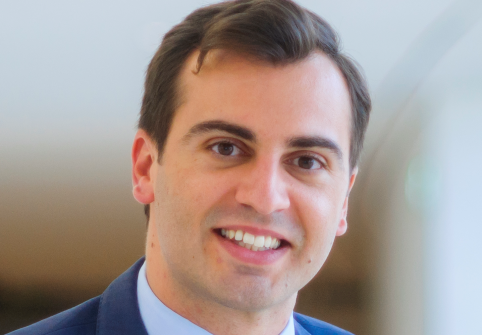Excellence Qatar’s New Public-Private Partnership Law: Towards a Sustainable Approach to Development
By Dr. Georgios Dimitropoulos and Dr. Alexander Ezenagu
One of the interconnected pillars of Qatar National Vision 2030 (QNV 2030) is the development of a competitive and diversified economy that is capable of meeting the needs of, and securing a high standard of living for all of its people, present and future.
This became even more important after the blockade and the COVID-19 pandemic. QNV 2030 recognizes that for this vision to be met, a shared responsibility between the government, the private sector, civil sector and all Qatari citizens must be in place. The recently approved Public-Private Partnership Law (PPP Law), No. 12 of 2020, is one of the latest steps undertaken towards accomplishing that shared responsibility.
The PPP Law is to be viewed within the broader context of similar legislative initiatives that have been adopted in recent years – alongside initiatives such as the establishment of the Qatar Financial Centre (QFC) with its Qatar International Court and Dispute Resolution Centre (QICDRC) and the Qatar Science & Technology Park (QSTP) at Qatar Foundation.
The Qatar National Master Plan (QNMP) was adopted at the beginning of 2018 as the “spatial representation” of QNV 2030 together with the Qatar National Development Framework (QNDF) and spatial plans for municipalities.
Law No. 16 of 2018 on “Regulating Non-Qatari Ownership and Use of Properties” allows foreign individuals, companies, and real estate developers freehold ownership of real estate in designated zones and usufructuary rights up to 99 years in other zones.
Changing the default rule applicable under the old investment legislation, Law No. 1 of 2019 “Regulating the Investment of Non-Qatari Capital in Economic Activity” allows non-Qatari investor ownership in all economic sectors up to 100% of the capital in domestic companies, under the conditions set out by the law.
Finally, Decree Law No. 21 of 2017 and the 2018 FZA Licensing Regulations revamped the Free Zone regime in the country and established an independent authority for their administration, the Qatar Free Zone Authority (QFZA), providing further incentives for foreign investment in the specially designated zones of Ras Bufontas and Umm Alhoul.
By enacting the PPP Law, Qatar goes one step further towards deepening its economic diversification. However, the PPP Law redefines the country’s approach to doing business, not just with the nation’s citizens but also with residents, partners and the larger global community.
Two attributes corollary to the PPP Law are representation and accountability. Under the PPP Law, the private sector will now gain a more active seat at the table, capable of greater influence in decision-making.
How this new relationship interacts with other aspects of QNV 2030, such as preserving the traditions of Qatar, could pose new challenges. The attribute of accountability demands that the state, in protecting the investment of its partners, reviews its transparency framework to be globally compliant. The greater implication of this is that the state will be regularly subjected to rigorous regulatory checks by foreign governments and institutions. Such regulatory checks may improve the international rating and creditworthiness of the state, when properly managed.
Finally, we hold the view that the additional budgetary support through the private sector will allow for more sustainable and resilient projects in the State of Qatar.
Dr. Georgios Dimitropoulos is an Associate Professor at the College of Law, Hamad Bin Khalifa University, and Dr. Alexander Ezenagu is an Assistant Professor at the same college.




